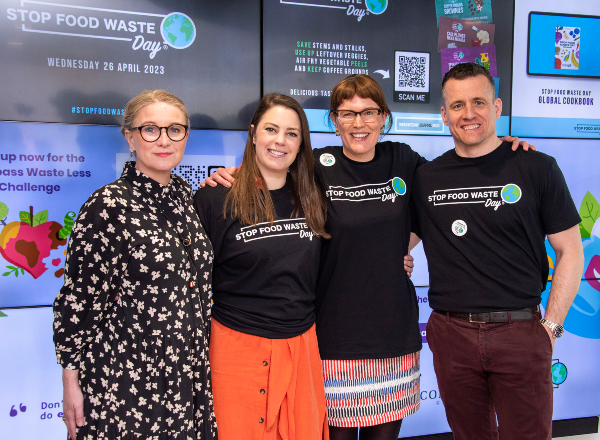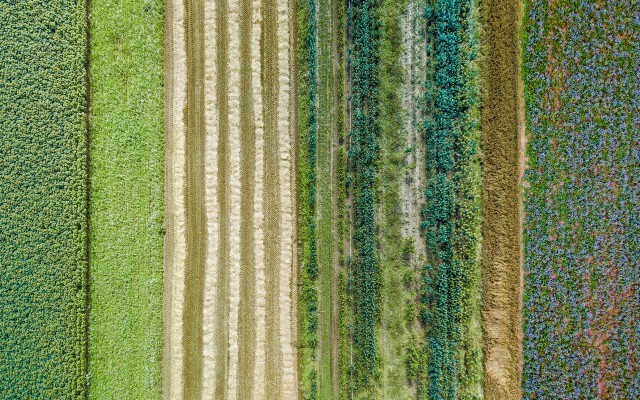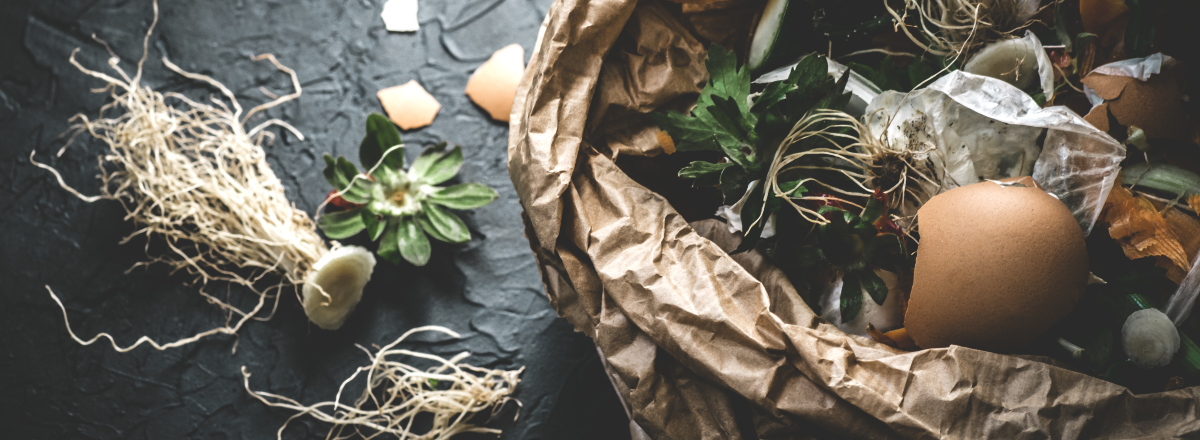
With a third of all food produced globally wasted every year, we are clear about the collective role we must play in helping to drive permanent change across our industry. We’re making good use of technology to understand our food waste footprint and are working in partnership to halve it by 2030.
This year we marked our eighth annual Stop Food Waste Day, reaching over 112 million people via print and news publications, and well as 9.2 million+ on social media throughout the month of April.
- Our chefs and frontline teams inspired clients and customers globally with food waste reduction inspired menus.
- Compass Sweden launched ‘Unwaste Yourself’ – an innovative AI tool helping consumers reduce food waste.
- Compass USA and Restaurant Associates brought together 125 clients and thought leaders for the first annual Waste Warrior Awards in NYC.
- We also encouraged thousands of clients, colleagues, and customers to take the #StopFoodWasteDay pledge, joining us in the fight against food waste. This year, many large corporates also joined the conversation from our industry and beyond, demonstrating our scale and reach
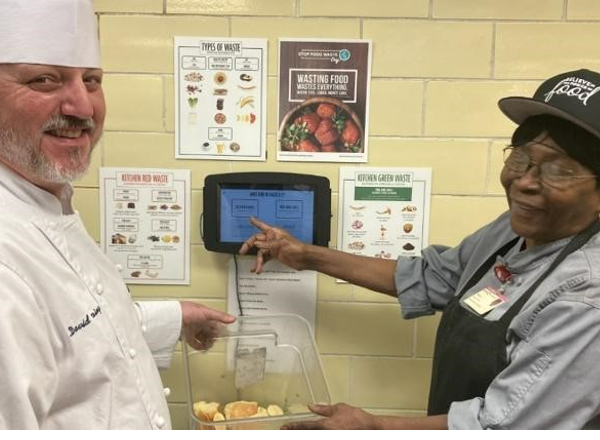
“I always knew we should and could be tracking waste but was overwhelmed at how to do it. This programme made it so easy!”
Snap Inc.’s General Manager John Leone.
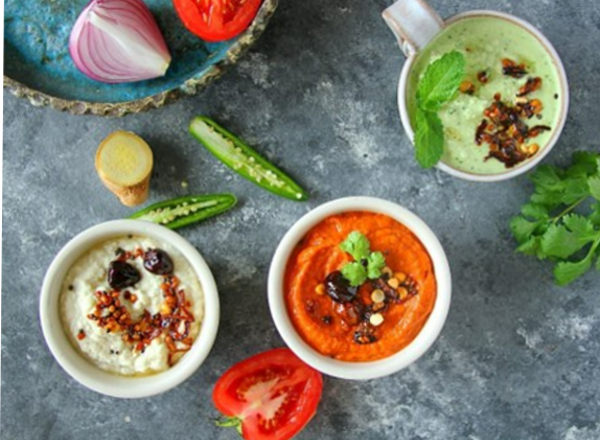
Repurpose Programme - India
Compass Group India has been combating food waste through its innovative repurpose program. With over 150 carefully crafted recipes, once-discarded ingredients find new life as daily delights such as chutneys, dips, and relishes, spiking up your food and transforming the mundane into the extraordinary.
Our chefs are repurposing the fibrous pulp of vegetables and fruits to prepare jams, marmalade, patties, and kofta, adding further depth and variety to our offerings, and even vegetable and fruit peels, often overlooked, are repurposed into infused water, offering a refreshing twist and promoting hydration. This culinary revolution not only diversifies our consumers' palates, but also significantly diminishes our ecological footprint.
Since its inception 18 months ago, the repurpose initiative has flourished. Taking Bangalore as an example, on a monthly basis, they repurpose an impressive 30,000 kilograms of food, with this figure steadily climbing. The initiative has seen widespread adoption, with over 30 sites in Bangalore actively participating.
Transforming cooking waste to Biofuel - Austria
In Austria, we are working to repurpose our cooking waste into biofuel. Instead of disposing our cooking waste, our partner, Münzer collects the waste and transforms it into biodiesel, which is an environmentally friendly alternative to fossil fuels.
More than 60 of our Business and Industry (B&I) sites in Austria are signed up to have their waste collected, averaging over 465 tonnes of food waste collection each year. In 2022, we also repurposed 39,629kg of used cooking oil, which is treated and processed into ecologically sustainable biodiesel, equating to a saving of 108,208kg of CO2.

